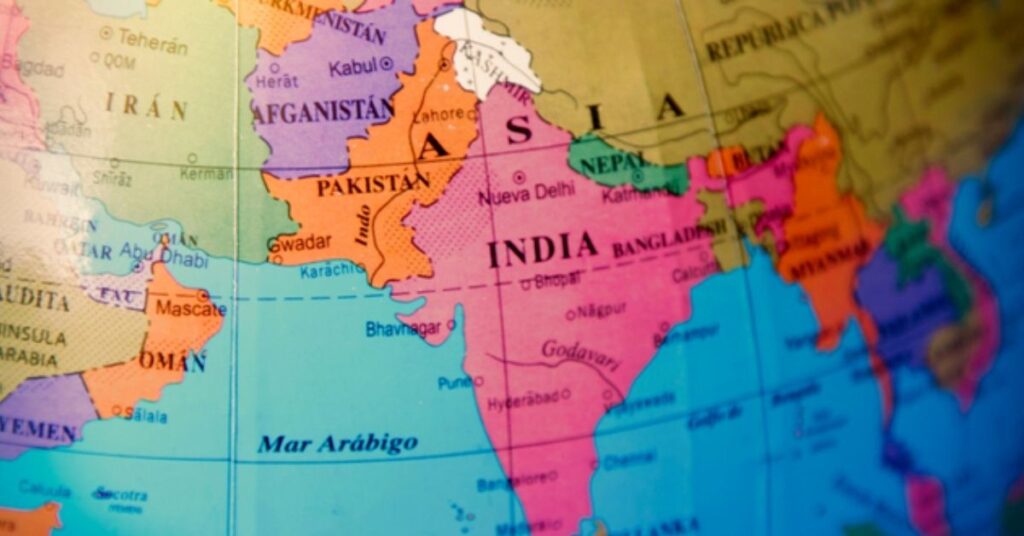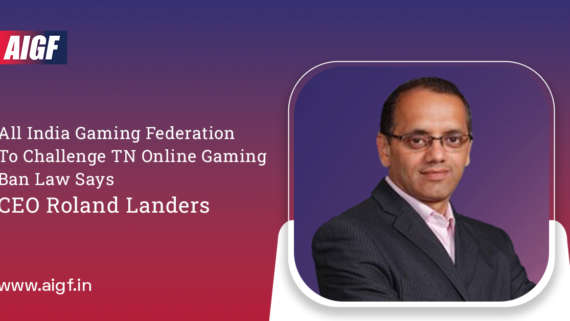Why self-regulation is fundamental to realising gaming’s potential in India
Skill gaming is one of the fastest-growing ‘sunrise economies’ in India, as per Sunil Krishnamurthy – General Secretary of the All India Gaming Federation (AIGF) Advisory Board – but without a self-regulated market, gaming’s economic potential cannot be fully realised.
Speaking as part of the BetConstruct sponsored gaming track on the 2nd & final day of the SBC Digital India conference, Krishnamurthy addressed the regulatory landscape throughout India, shedding light on the steps that AIGF has taken regarding promoting its charter for Online Skill Gaming.
“We’ve taken a number of initiatives in terms of the charter and we push all our members towards this charter,” he said.
“This charter incorporates gender principles on legality, transparency, responsible gaming, financial responsibility… while the industry looks for regulatory certainty around games, such initiatives really gain importance.”
AIGF is the registered apex industry trade body for skill-based gaming in India. Established in June 2016 by industry stakeholders, it has over 40 members across all online skill gaming categories.
Communicating with various state administrations, advertising ministries & government departments, AIGF looks to bring into focus the economic benefits that gaming can provide to the Indian economy.
Praising the gaming sector as a rapidly-growing sector, Krishnamurthy stated that the industry has ‘proven’ itself over the course of the last 12 months of the coronavirus pandemic by defeating the ‘economic downturn’ sweeping most of the world economies.
He continued: “It also contributes a humongous amount to the tune of Rs 90 crores to the exchequer in 2019. It also helped the national building by a lot of direct and indirect job creation and it continues to do so even further.
“There are a lot of growth drivers. The population in India under the age of 45 has really taken up online skill gaming in a very big way. There are also 560 million internet users and the proliferation of internet in India has been a big boom for this industry.
“When it comes to game developers and even looking at entrepreneurs, we’ve seen that the gaming developers have really gone up multifold in the last two or three years. It’s almost to the tune of 300 currently.”
“Esports and online gaming have really grown in tier-2 and tier-3 cities, a lot of proliferation of internet and smartphone which have helped the masses of those in tier-2 and 3 cities to showcase their skills, and the youngsters between the ages of 19-25 have really excelled in esports.”
Gaming across India, as per Krishnamurthy, has undergone substantial growth over the past few months – with this trend foreseen to remain in the upcoming years.
Taking into consideration the findings from a report conducted by FICCI-Ernst & Young, analysts have foretold that the number of online gamers in India will grow from 365 million players in 2019 to around 440 million by the year 2022.
So what have been the key factors behind this stupendous growth? The rising access to affordable smartphones & roll out of 4G technology are said to be two main factors.
He continued: “There’s also a perspective in terms of revenue where gaming is supposed to substantially contribute to the government’s indirect tax collection. It’s estimated to be approximately INR9.8bn in 2019 and may swell to INR28.6bn by 2022.
“Another major promotional thrust in nationwide popularity of esports and online gaming will emerge from soaring numbers of internet users in India. According to a recent Google KPMG report, the user base will grow to 735m by 2021, this will include 536m users of Indian language internet users.”










Comments
Comments are closed.